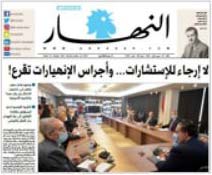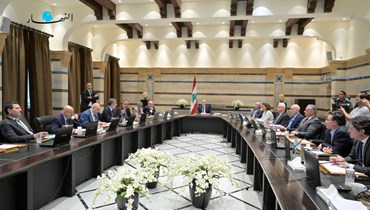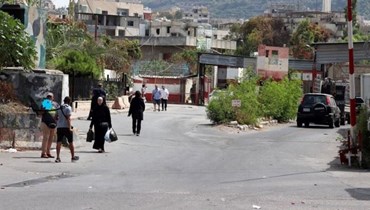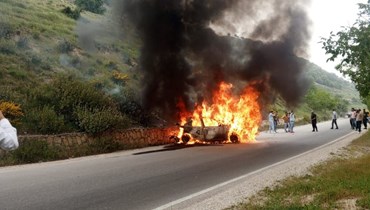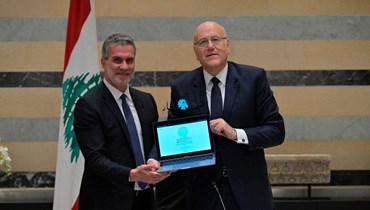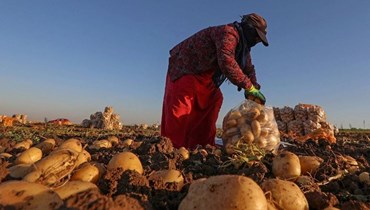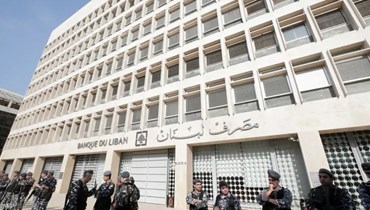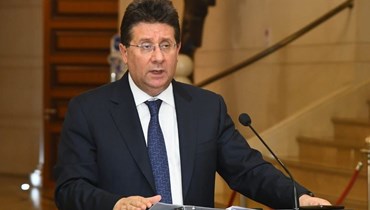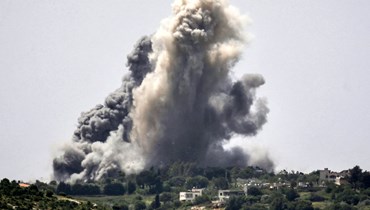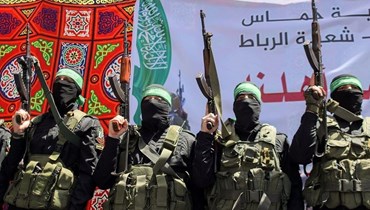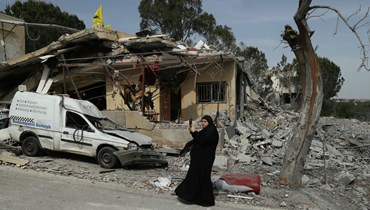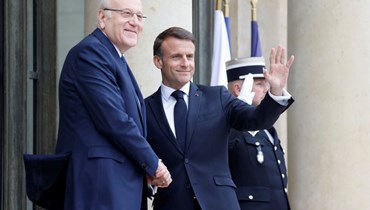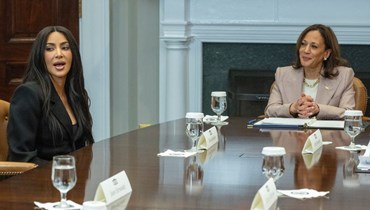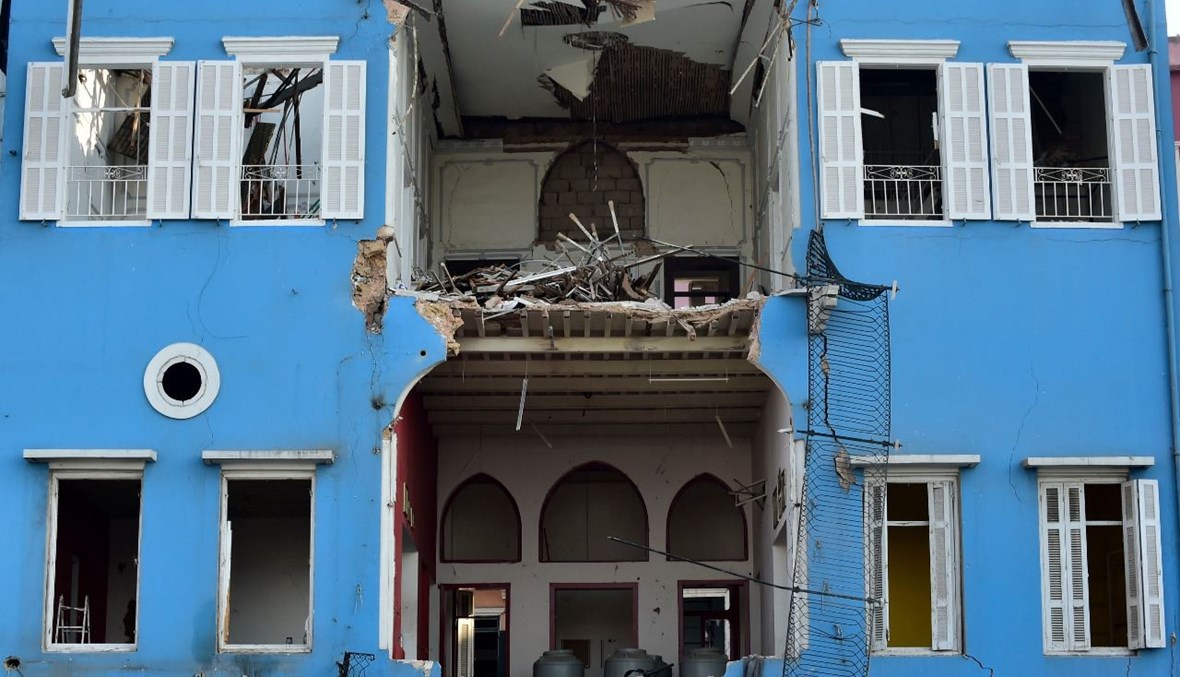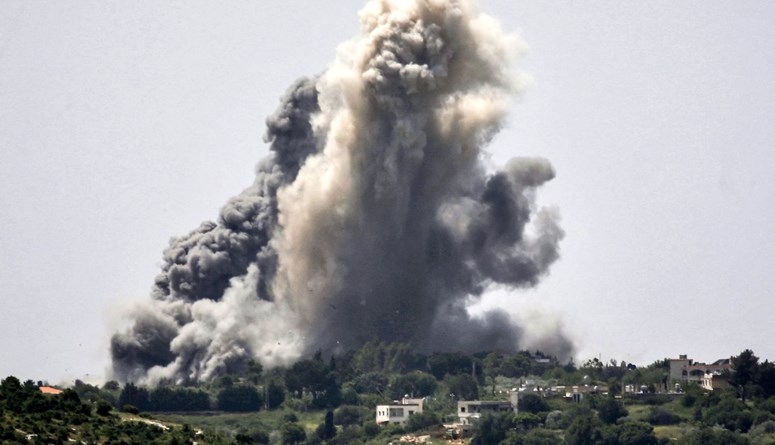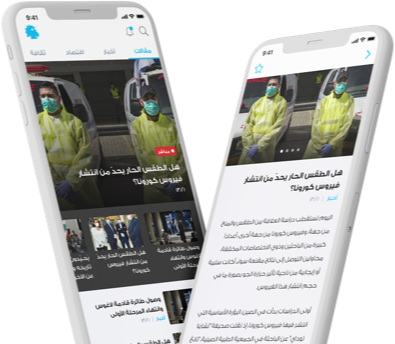An Emergency Stabilization Program to Arrest the Collapse
11-10-2021 | 01:40
المصدر: Annahar
Amer Bisat*
Ever since the crisis erupted, most Lebanese economists (including myself) stressed the importance of a comprehensive economic rescue plan that is transformative in nature. I believe it is time to reconsider this truism. An ambitious program is simply unrealistic at present. In the meantime, the country can simply not afford to wait for the “perfect”. We are on a treacherous path. If the collapse is not arrested, there may well not be a Lebanon to reform.
The priority of PM Mikati’s new government must be a less ambitious Emergency Stabilization Program (ESP) that seeks to achieve basic—some would say rudimentary—objectives: ending the depression, injecting much-needed capital into the economy, reducing shortages, bringing back core government services, stabilizing the currency, and controlling inflation.
The ESP must be politically feasible, simple enough to be rolled out quickly—in as short a period as one hundred days—and must show immediate results. The ESP would neither address Lebanon’s structural economic and institutional problems nor put the country on a path toward a productive economic recovery. But the stability it would provide would give Lebanon a fighting chance to eventually address its more profound economic problems.
The ESP should constitute the economic road map for the Mikati Government. With elections less than 6 months away and with the society’s anger and frustration at an extreme, the cabinet has a short window to put the plan in action. The international community would be well advised to link assistance to the implementation of the ESP.
The priority of PM Mikati’s new government must be a less ambitious Emergency Stabilization Program (ESP) that seeks to achieve basic—some would say rudimentary—objectives: ending the depression, injecting much-needed capital into the economy, reducing shortages, bringing back core government services, stabilizing the currency, and controlling inflation.
The ESP must be politically feasible, simple enough to be rolled out quickly—in as short a period as one hundred days—and must show immediate results. The ESP would neither address Lebanon’s structural economic and institutional problems nor put the country on a path toward a productive economic recovery. But the stability it would provide would give Lebanon a fighting chance to eventually address its more profound economic problems.
The ESP should constitute the economic road map for the Mikati Government. With elections less than 6 months away and with the society’s anger and frustration at an extreme, the cabinet has a short window to put the plan in action. The international community would be well advised to link assistance to the implementation of the ESP.
ENDING THE SUBSIDY REGIME AND ORGANIZING CASH TRANSFERS
The ESP’s starting point should be ending the chaotic and unsustainable subsidy system. This process has already started—but by stealth. A more explicit and transparent program in which the subsidy is explicitly maintained for few items (e.g., bread and medicine) should be announced. Otherwise, domestic prices should reflect the actual cost of importation. The current scheme is regressive in the extreme, with a disproportionate share of the benefit accruing to the rich rather than to those who really need assistance. It has also resulted in an alarming loss of foreign currency reserves that will, at the very least, complicate the eventual effort to restructure the banking sector. The system has also led to persistent smuggling, hoarding, and rent-seeking activities that, together, have produced the severe shortages presently debilitating the economy.
Ending subsidies must be immediately followed by a cash transfer system to help the most vulnerable. Allowing import prices to reflect prices in foreign exchange will lead to an inflationary shock that hits the purchasing power of a society already reeling from the ongoing crisis. The ESP should immediately compensate those affected with a total of $1–1.5 billion in cash transfers.
The cash transfer scheme can be rolled out in as little as three months. If it is well targeted, it will cover most of the consumption basket of those who legitimately need aid. Inevitably, there will be attempts to corrupt the plan and transform it into an instrument of patronage for election purposes. As such, following a successful COVID-19 vaccination campaign in which the World Bank was involved, the institution must also play a key role in implementing and monitoring the cash transfer.
A cash transfer scheme of this magnitude is affordable without resorting to Lebanon’s foreign currency reserves. There are significant external funds already available for rapid disbursement. Lebanon can access $546 million in World Bank loans, including the already approved $246 million Emergency Social Safety Net (ESSN), as well as a repurposing of other approved loans. But to access those funds, the government must first implement the ESSN, which has been languishing in a surreal bureaucratic maze. Also available is the $370 million in humanitarian support committed at the French-sponsored international donor conference for Lebanon held on August 4, 2021. Finally, a credible cabinet implementing the ESP should reasonably be able to raise an additional $300–$500 million in humanitarian grants from governmental and nongovernmental agencies in Gulf Cooperation Council countries and Europe.
Most significantly, the IMF has distributed a one-off $1 billion Special Drawing Rights to Lebanon. The allocation is an unconditional massive and unexpected boon for a country that is desperate for financial oxygen. The SDR funds should be immediately invested into the economy. A reasonable argument could be made that the funds are best directed to help productive sectors. However, recent international experience demonstrates that grants that directly support consumption can also be potent. Moreover, resentment is at a dangerous peak in Lebanon, and the society deserves immediate compensation for the massive pain it has so far incurred unjustly.
Ending subsidies must be immediately followed by a cash transfer system to help the most vulnerable. Allowing import prices to reflect prices in foreign exchange will lead to an inflationary shock that hits the purchasing power of a society already reeling from the ongoing crisis. The ESP should immediately compensate those affected with a total of $1–1.5 billion in cash transfers.
The cash transfer scheme can be rolled out in as little as three months. If it is well targeted, it will cover most of the consumption basket of those who legitimately need aid. Inevitably, there will be attempts to corrupt the plan and transform it into an instrument of patronage for election purposes. As such, following a successful COVID-19 vaccination campaign in which the World Bank was involved, the institution must also play a key role in implementing and monitoring the cash transfer.
A cash transfer scheme of this magnitude is affordable without resorting to Lebanon’s foreign currency reserves. There are significant external funds already available for rapid disbursement. Lebanon can access $546 million in World Bank loans, including the already approved $246 million Emergency Social Safety Net (ESSN), as well as a repurposing of other approved loans. But to access those funds, the government must first implement the ESSN, which has been languishing in a surreal bureaucratic maze. Also available is the $370 million in humanitarian support committed at the French-sponsored international donor conference for Lebanon held on August 4, 2021. Finally, a credible cabinet implementing the ESP should reasonably be able to raise an additional $300–$500 million in humanitarian grants from governmental and nongovernmental agencies in Gulf Cooperation Council countries and Europe.
Most significantly, the IMF has distributed a one-off $1 billion Special Drawing Rights to Lebanon. The allocation is an unconditional massive and unexpected boon for a country that is desperate for financial oxygen. The SDR funds should be immediately invested into the economy. A reasonable argument could be made that the funds are best directed to help productive sectors. However, recent international experience demonstrates that grants that directly support consumption can also be potent. Moreover, resentment is at a dangerous peak in Lebanon, and the society deserves immediate compensation for the massive pain it has so far incurred unjustly.
REVIVING GOVERNMENT OPERATIONS
Reviving government operations should be another prime objective of the ESP. Noninterest government spending, when adjusted for inflation, fell by 60 percent between 2019 and 2020. Measured in US dollars, spending fell from the equivalent of $9 billion in 2019 to $2.5 billion. The colossal deterioration in government spending is the mirror image of the erosion in the purchasing power of government employees’ wages and the virtual disappearance of basic government services. To resuscitate government functions without delay, the ESP must allocate a bare minimum of $3 billion (on top of the cash transfer program) to fund areas such as education, health, maintenance of infrastructure and utilities, or national security.
The collapse in spending, of course, mirrors the implosion in Government revenues—falling from the equivalent of $9.5 billion in 2019 to a mere $2.3 billion in 2020. To fund the $3 billion spending discussed earlier, the ESP must strive to enhance revenues. Increasing tax rates on personal income or raising the value-added tax in Lebanon’s existing economic and political environment is extremely difficult, but there are other relatively easier ways to generate revenues. Revaluing customs and property tax bases to reflect real prices would generate a significant amount of government receipts. In addition to this, adjusting the prices of utilities to reflect actual costs should also raise revenues. Realistically, though, those new sources of income would not be enough to pay for the extra spending. As such, the ESP should foresee a new international conference on Lebanon that aims to fill the gap between needed spending and available revenues.
STABILIZING THE CURRENCY
A key objective of the ESP must also be to stabilize the value of the lira and control inflation. The good news is that if the government indeed mobilizes and spends all the foreign assistance discussed earlier—including World Bank loans and SDRs—the resultant supply of U.S. dollars would help stabilize the pound and conceivably lead to a moderate currency appreciation. However, that won’t be enough to restore monetary stability.
There are three other crucial measures the ESP must also undertake. First, it is high time for a serious effort to put in place measures to control capital outflows. Second, Lebanon receives a significant amount of capital inflows, such as remittances and humanitarian funds. The ESP could introduce a scheme that centralizes these inflows and prioritizes how they are spent. Finally, and perhaps most importantly, the explosive rise in money supply since early 2020 must be radically brought under control.
MANAGING INTERNATIONAL RELATIONS
A final point pertains to the way the ESP will affect Lebanon’s engagement with foreign donors and multilateral institutions. Reaching an agreement with the World Bank on the ESSN, repurposing the other approved loans, and releasing the monies committed at the recent Lebanon aid conference should be an immediate priority. It is also recommended that another Lebanon conference be scheduled in three months, at which point the achievements under the ESP could be showcased to raise money for general budgetary purposes.
The IMF negotiations are a more complicated story and one needs to be clear-eyed about their chances of success. While technical discussions have already started, the ESP should not be hostage to an agreement between Lebanon and the IMF. The negotiations will be difficult, and the IMF will ask for measures that are well beyond the scope of the ESP. The global financial institution will insist on debt sustainability, which in turn will require restructuring the banking sector and recapitalizing the central bank, not just reaching a deal with debt holders. The IMF will also demand an ambitious structural overhaul of the fiscal regime and sectoral, governance, and regulatory reforms that are likely to be impossible before elections next year. Ideally, after the ESP is successfully implemented and those policymakers implementing the ESP gain credibility, the government could potentially secure a “Staff Monitored Program” based on post-election reform promises. But it is best not to count on that outcome.
CONCLUSION
An ESP will have immediate and measurable positive effects. The cash transfer program, equivalent to 3 to 5 percent of Lebanon’s GDP, will represent a massive economic shot in the arm. The return of basic government services, even if they are paid for through higher taxes, will also greatly help economic recovery. The introduction of pricing that is more reflective of costs will lessen shortages of basic items such as gasoline and medicine as well as reduce smuggling and hoarding. U.S. dollar liquidity will rise in the system and banks may be able to release limited amounts of deposits. The central bank will no longer hemorrhage reserves and the now-undervalued pound may also modestly recover. While inflation will rise initially because of the removal of subsidies, it should fall sharply in a few months as monetary policy is tightened and the foreign exchange rate stabilizes.
Even though the ESP may not be the ambitious program that Lebanon needs to emerge from its economic predicament, stemming the country’s economic collapse has to be the main priority today. The ominous path Lebanon is taking may mean there will soon be no country to rebuild and transform. There will be a time for a more far-reaching program down the road, but the priority now is to keep the nation afloat for long enough that it can reach that stage.
*This is an abridged and revised version of an essay that was first published by the Malcolm Kerr Carnegie Middle East Center.
Amer Bisat is a senior portfolio manager and Head of Sovereign and Emerging Markets (alpha) at BlackRock and a former International Monetary Fund senior economist. He writes in a private capacity.
*This is an abridged and revised version of an essay that was first published by the Malcolm Kerr Carnegie Middle East Center.
Amer Bisat is a senior portfolio manager and Head of Sovereign and Emerging Markets (alpha) at BlackRock and a former International Monetary Fund senior economist. He writes in a private capacity.



 اشترِك في نشرتنا الإخبارية
اشترِك في نشرتنا الإخبارية


